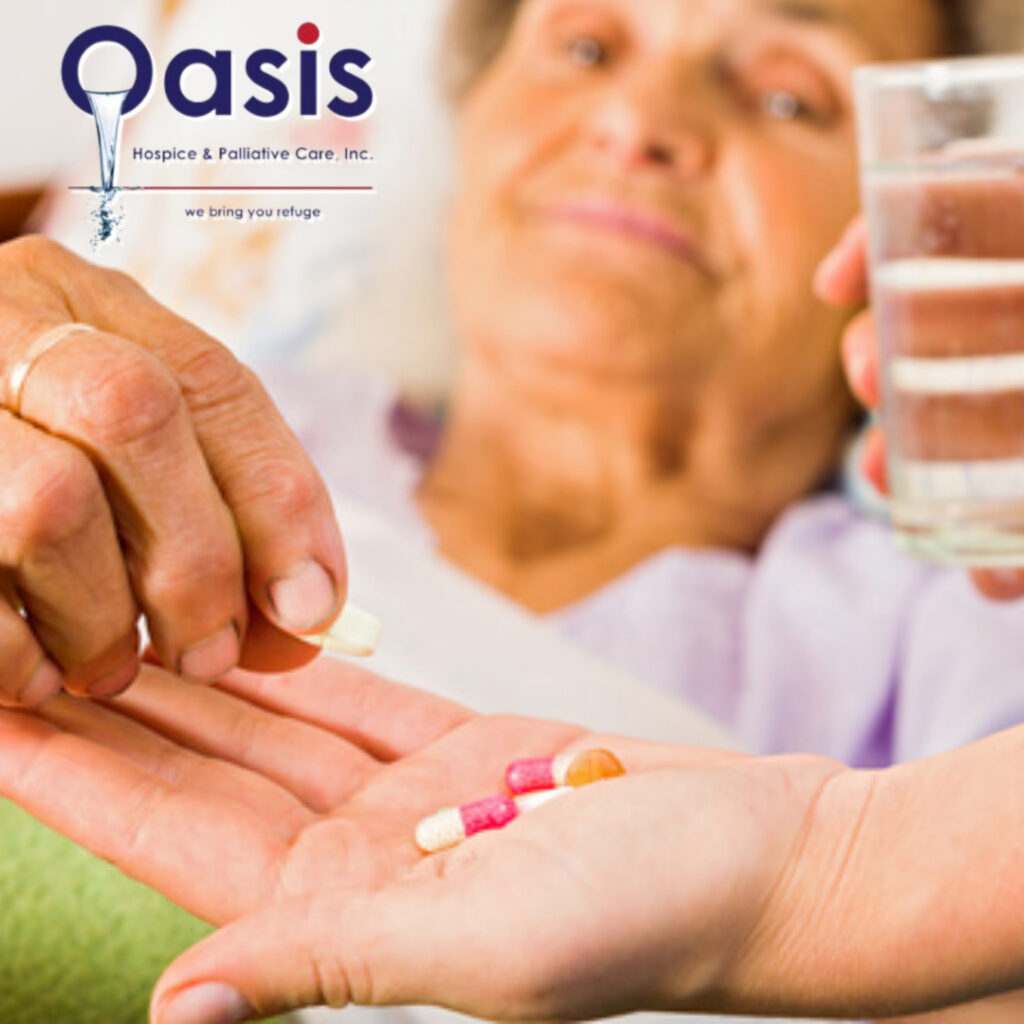Grief is a deeply personal experience that can feel overwhelming, especially after the loss of a loved one receiving hospice care. Hospice grief counselling is a specialized form of emotional support designed to help individuals and families navigate the complex emotions that come with end-of-life experiences and bereavement. More than just talking through feelings, this type of counselling offers compassionate guidance, coping strategies, and a safe space to process loss at your own pace.
Grief is a natural reaction to loss and can have an impact on all aspects of our lives. Physically, psychologically, emotionally, and socially. Anger, guilt, and anxiety are all common grief reactions, as can changes in diet or behavior.
It’s best not to conceive of grief as a progression. Consider the grieving process to be a roller coaster ride, with ups and downs, highs and lows. Understanding what is “normal” in sorrow allows us to know that others have been through this and found healing.
What to Expect from Individual Grief Counseling
Uncertainty and misconceptions about counseling services can create unneeded barriers for many people who could benefit from discussing their issues with a trained bereavement counselor in a confidential context. Knowing what to expect from the start helps reduce unneeded anxiety and makes the process more comfortable and predictable.
What is Included in Our Grief and Bereavement Counselling?
Grief counseling is a simple process at Oasis. Our counseling services are provided free of charge thanks to the generosity of community benefactors, removing financial barriers and concerns regarding insurance coverage.
We will request that you complete some regular paperwork before to your first meeting in order to reduce the amount of time spent in the initial session gathering basic information and performing common administrative duties. We may mail you the necessary forms or ask you to arrive a little early to complete them before your appointment time.

This plan may include a few more sessions, instruction about what to expect during the mourning process, recommendations to helpful grief resources, coping strategy suggestions, “homework” assignments, or referrals to specialist community services. Art therapy techniques may be recommended as a manner of working toward counseling goals in some circumstances, particularly those involving children or teenagers.
Grief Counselling at Oasis Hospice Care Illinois.
It is devastating and tough to live with the death of a loved one. Our grief counseling and support services will help you find your path back to hope and healing. Our professional counselors, social workers, and trained volunteers assist people of all ages who are bereaved.
During your initial therapy appointment, your bereavement counselor will examine your information with you for a few minutes before addressing your concerns and answering any questions you may have. Your counselor will collaborate with you to define your own counseling goals as well as a plan of action to accomplish your goals and personal requirements.
Our hospice bereavement program offers support to bereaved family members and friends of Oasis Hospice patients. You are not by yourself. We are here to assist you in sharing your emotions, adapting to life’s changes, and thriving in the future with serenity.
Oasis Hospice Bereavement Counseling
Individual and family grief counseling is a free service provided to bereaved families and friends of individuals cared for by Oasis Hospice. This service is available for one year following the loss. Specialized grief counseling is provided by trained, experienced counselors and social workers to persons who have suffered the loss of a loved one. Learn more about what are the different types of hospice support in our another post.
In-Home Hospice and Palliative Care in Chicago, IL
At Oasis Hospice Care, we’re honored to be a trusted source of comfort, compassion, and expert care for families across Chicago, Illinois. Whether you need in-home hospice care focused on end-of-life support or palliative care to manage serious illness, our dedicated team in Hoffman Estates, IL is here to walk with you every step of the way.
We bring peace, dignity, and personalized attention right to your doorstep, ensuring your loved one receives the care they deserve in the place they feel most at home. Call us today at 708-564-4838 to learn how we can support you and your family.

